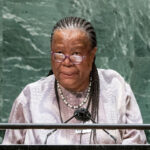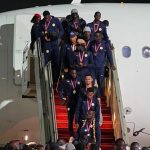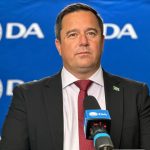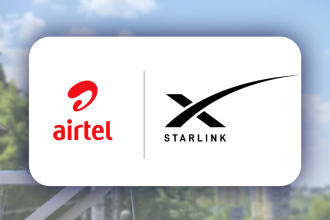Negotiations over licensing SpaceX’s Starlink satellite internet service in South Africa have reportedly stalled due to escalating tensions between the South African government and the Donald Trump administration in the United States.
According to Bloomberg News, officials involved in the discussions have decided to pause negotiations until diplomatic relations improve, with plans to revisit the deal at a later stage. The report cites unnamed sources “familiar with the matter.”
Starlink’s Licensing Battle in South Africa
SpaceX, led by billionaire Elon Musk, has long been seeking approval to operate Starlink in South Africa. However, the licensing process has been hampered by black economic empowerment (BEE) regulations that require foreign companies to sell a 30% stake to historically disadvantaged South Africans.
Instead of meeting this requirement, SpaceX has proposed equity equivalence, which would allow the company to invest in initiatives that benefit local communities rather than giving up a direct ownership stake. Communications Minister Solly Malatsi has urged Icasa (the communications regulator responsible for Starlink’s licensing) to consider allowing equity equivalents, arguing that this would encourage foreign direct investment without forcing companies to divest shares.
Malatsi has emphasized that his proposal is not intended to favor Starlink specifically but aims to make South Africa a more attractive destination for foreign tech investors.
SpaceX Withdraws From Public Hearings
SpaceX was set to present its case at Icasa’s public hearings earlier this month regarding new licensing regulations for satellite services. However, at the last minute, the company withdrew, following a controversial social media post by Musk.
Musk, posting on his platform X (formerly Twitter), questioned South Africa’s BEE laws, referring to them as “openly racist ownership laws.” His comments triggered backlash from government officials, including Presidential Spokesman Vincent Magwenya, who made it clear that South Africa would not prioritize Musk’s investments at any cost.
“If a leading business figure like Elon Musk harbors the kind of unprogressive, racist views that we’ve witnessed and the peddling of lies that we’ve been confronted with, then we’re not going to pursue having his investments,” Magwenya reportedly told Bloomberg News.
Starlink Pushes for Regulatory Changes
In a written submission to Icasa, SpaceX argued that South Africa’s BEE regulations are a major barrier for foreign satellite operators. The company pointed out that many global satellite businesses have internal policies that prevent local shareholding, making South Africa’s current laws prohibitive for their market entry.
“By aligning the licensing and ownership regulations with the ICT sector code, which recognizes equity equivalence as an alternative to local shareholding, Icasa could remove a significant barrier to foreign satellite operators,” SpaceX stated. The company further argued that amending the rules could boost foreign investment, increase industry competition, and drive long-term innovation in South Africa.
Future of Starlink in South Africa
For now, Starlink remains unavailable in South Africa, while other African countries such as Nigeria, Zambia, and Mozambique have successfully rolled out the service. With negotiations stalled and tensions mounting, it remains uncertain whether Starlink will eventually enter the South African market or if regulatory hurdles and political disputes will keep it out indefinitely.












